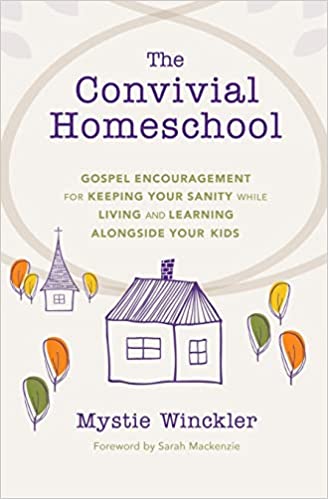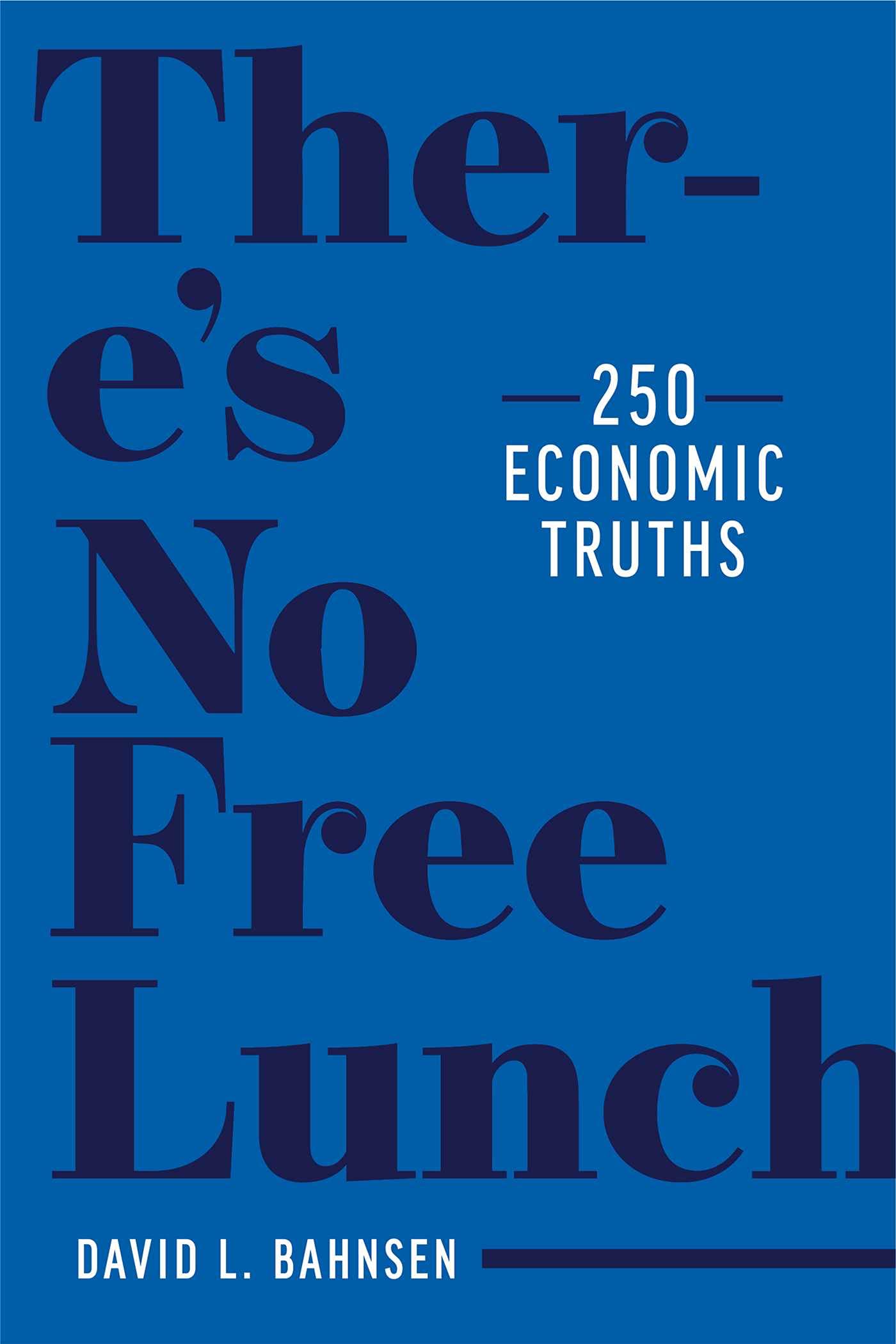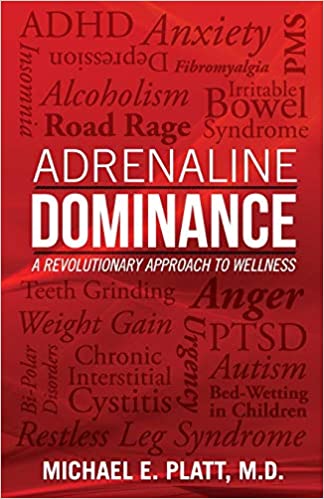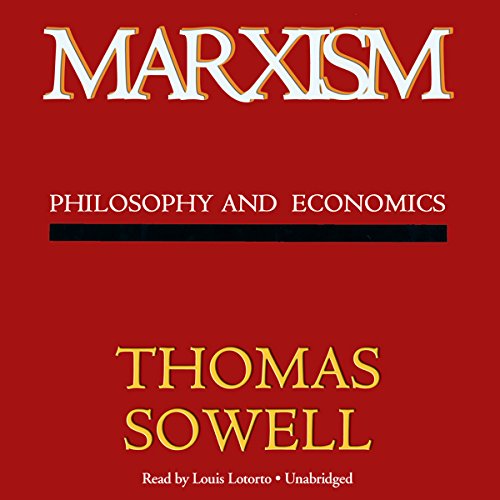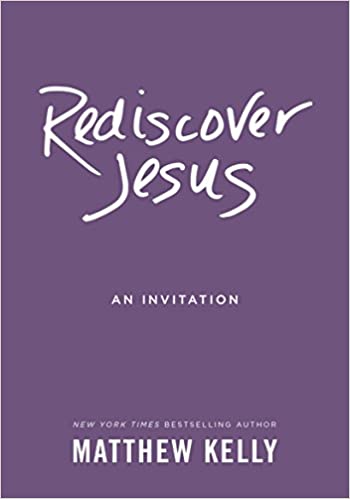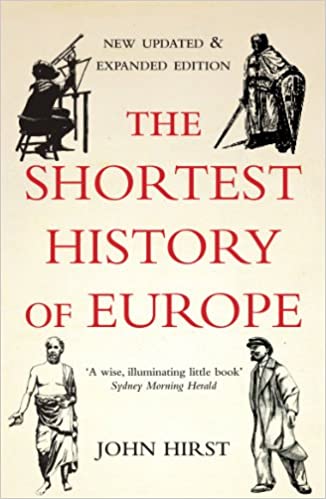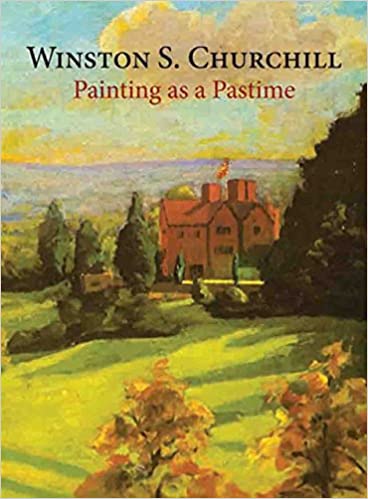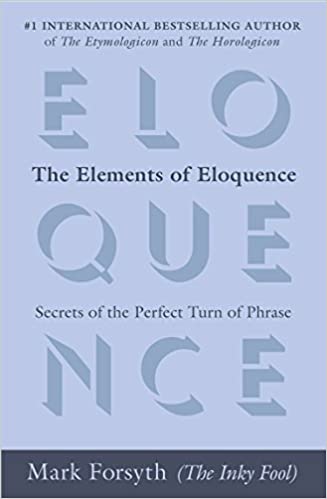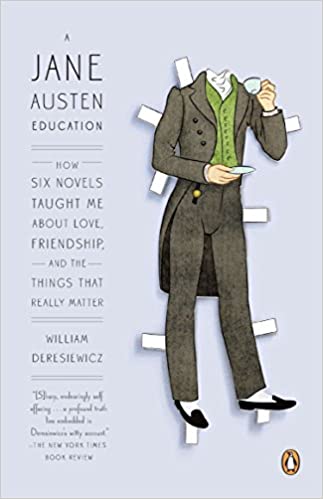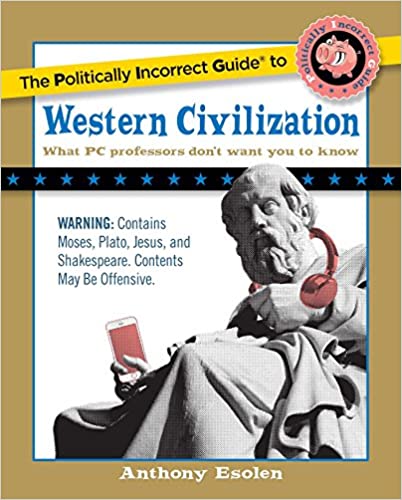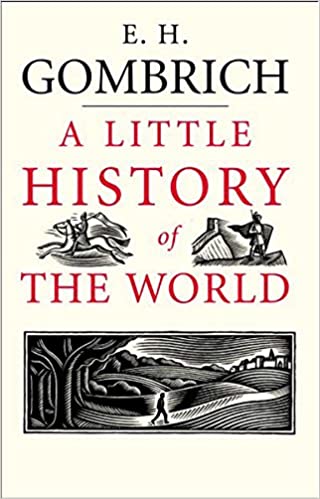The Convivial Homeschool: Gospel Encouragement for Keeping Your Sanity While Living and Learning Alongside Your Kids
Homeschool days can be long and hard. It's easy to lose sight of what's actually happening in the midst of the day to day. Even when we lose our vision, God does not lose His. While we attempt to teach and disciple our children, we find that it is ourselves needing the instruction and discipleship. We also find that God provides both, using our decision to homeschool to draw us closer to Himself. To continue with love and perseverance, we need confidence not in our work but in God’s. These thirty readings will lift up your eyes and spirit so you can focus on what truly matters while doing the daily work of educating your kids.
More info →There’s No Free Lunch: 250 Economic Truths
The best way to defend the cause of human flourishing against this current onslaught of dangerous economic thinking is to relearn time-tested economic truths.
The verdict is in: Free enterprise has lifted billions of people out of abject poverty all over the world and provided a higher quality of life than has ever been thought possible. But a growing case is forming in public opinion against free markets, and for a significantly larger command & control management of the economy. Whether you call it socialism or progressive leftism, more and more people are turning away from the forces of freedom and social cooperation that made the last two hundred years of prosperity possible, and embracing a system that deprives human beings of their dignity, impoverishing whole societies both financially and spiritually.
What David Bahnsen does here is pull from the masters—the great economic voices of the past and the present—to remind readers of the basic economic truths that must serve as our foundation in understanding the challenges of today. In 250 vital points, he combines pearls of wisdom from economic legends with his own careful commentary to provide readers the perspective, information, and reaffirmation they need in order to see economics for what it is. It will empower you and equip you with the truth—250 truths—that are crucially needed to keep the lights on in civilization and advance the cause of human flourishing.
More info →Marxism: Philosophy and Economics
Marxism is a term that many people freely use, but few seem to grasp its implications. Sowell's book is the antidote to this problem. He writes in a fluid and easy-to-follow manner, leading the listener through the Marxian scheme of ideas. Along the way, he shatters some existing interpretations of Marx-interpretations that have developed through repetition rather than through scholarship.
More info →Rediscover Jesus: An Invitation
At a time when so many people are spiritually disillusioned and searching for ways to live, love, work, and play that nurture the soul rather than destroy it, Matthew Kelly once again delivers a powerful book that encourages us in our weariness, challenges us in our comfort, and invites us to rediscover the beautiful possibilities God places before us daily.
More info →The Shortest History of Europe
In this short, entertaining and thought-provoking book, acclaimed historian John Hirst provides a fascinating exploration of the qualities that have made Europe a world-changing civilisation. Starting with a rapid historical overview from the ancient Greeks to the present day (the 'shortest history' itself), Hirst goes on to explore in detail what makes Europe unique: its political evolution; the shaping influence of its linguistic boundaries; the crucial role played by power struggles between Pope and Emperor; and of course the great invasions and conquests that have transformed the continent.
More info →Painting As a Pastime
The perfect antidote to his 'Black Dog', a depression that blighted his working life, Churchill took to painting with gusto. Picking up a paintbrush for the first time at the age of forty, Winston Churchill found in painting a passion that was to remain his constant companion. This glorious essay exudes his compulsion for a hobby that allowed him peace during his dark days, and richly rewarded a nation with a treasure trove of work.
More info →The Elements of Eloquence: Secrets of the Perfect Turn of Phrase
From classic poetry to pop lyrics, from Charles Dickens to Dolly Parton, even from Jesus to James Bond, Mark Forsyth explains the secrets that make a phrase—such as “O Captain! My Captain!” or “To be or not to be”—memorable.
More info →A Jane Austen Education: How Six Novels Taught Me About Love, Friendship, and the Things That Really Matter
Before Jane Austen, William Deresiewicz was a very different young man. A sullen and arrogant graduate student, he never thought Austen would have anything to offer him. Then he read Emma—and everything changed.
In this unique and lyrical book, Deresiewicz weaves the misadventures of Austen’s characters with his own youthful follies, demonstrating the power of the great novelist’s teachings—and how, for Austen, growing up and making mistakes are one and the same. Honest, erudite, and deeply moving, A Jane Austen Education is the story of one man’s discovery of the world outside himself.
More info →On Christian Teaching
The De Doctrina Christiana ("On Christian Teaching") is one of Augustine's most important works on the classical tradition. Undertaken at the same time as the Confessions, it sheds light on the development of Augustine's thought, especially in the areas of ethics, hermeneutics, and sign theory. This completely new translation gives a close but updated representation of Augustine's thought and expression, while a succinct introduction and select bibliography present the insights of recent research.
More info →The Politically Incorrect Guide to Western Civilization
Everything you should know--but PC professors won't teach--about Western heritage.
Western civilization is the envy of the globe. It has given to the world universally accepted understandings of human rights (rooted in Judeo-Christian principles), created standards for art, music, and literature that have never been equaled, and originated political and social systems that have spread all across the planet.
Political correctness now obscures these and other truths about Western civilization. Leftists and Islamic jihadists find common cause in assailing Western "colonialism," "imperialism," and "racism" as its defining characteristics. Guilt-ridden Western leaders and public figures speak of their cultural patrimony in disparaging terms they would never dare to use about a non-Western culture. And in universities, "multicultural"-minded professors flatter students into believing they have nothing really to learn from Sophocles or Shakespeare.
More info →A Little History of the World
“All stories begin with ‘Once upon a time.’ And that’s just what this story is all about: what happened, once upon a time.” So begins A Little History of the World, an engaging and lively book written for readers both young and old. Rather than focusing on dry facts and dates, E. H. Gombrich vividly brings the full span of human experience on Earth to life, from the stone age to the atomic age. He paints a colorful picture of wars and conquests; of grand works of art; of the advances and limitations of science; of remarkable people and remarkable events, from Confucius to Catherine the Great to Winston Churchill, and from the invention of art to the destruction of the Berlin Wall.
For adults seeking a single-volume overview of world history, for students in search of a quick refresher course, or for families to read and learn from together, Gombrich’s Little History enchants and educates.
More info →
